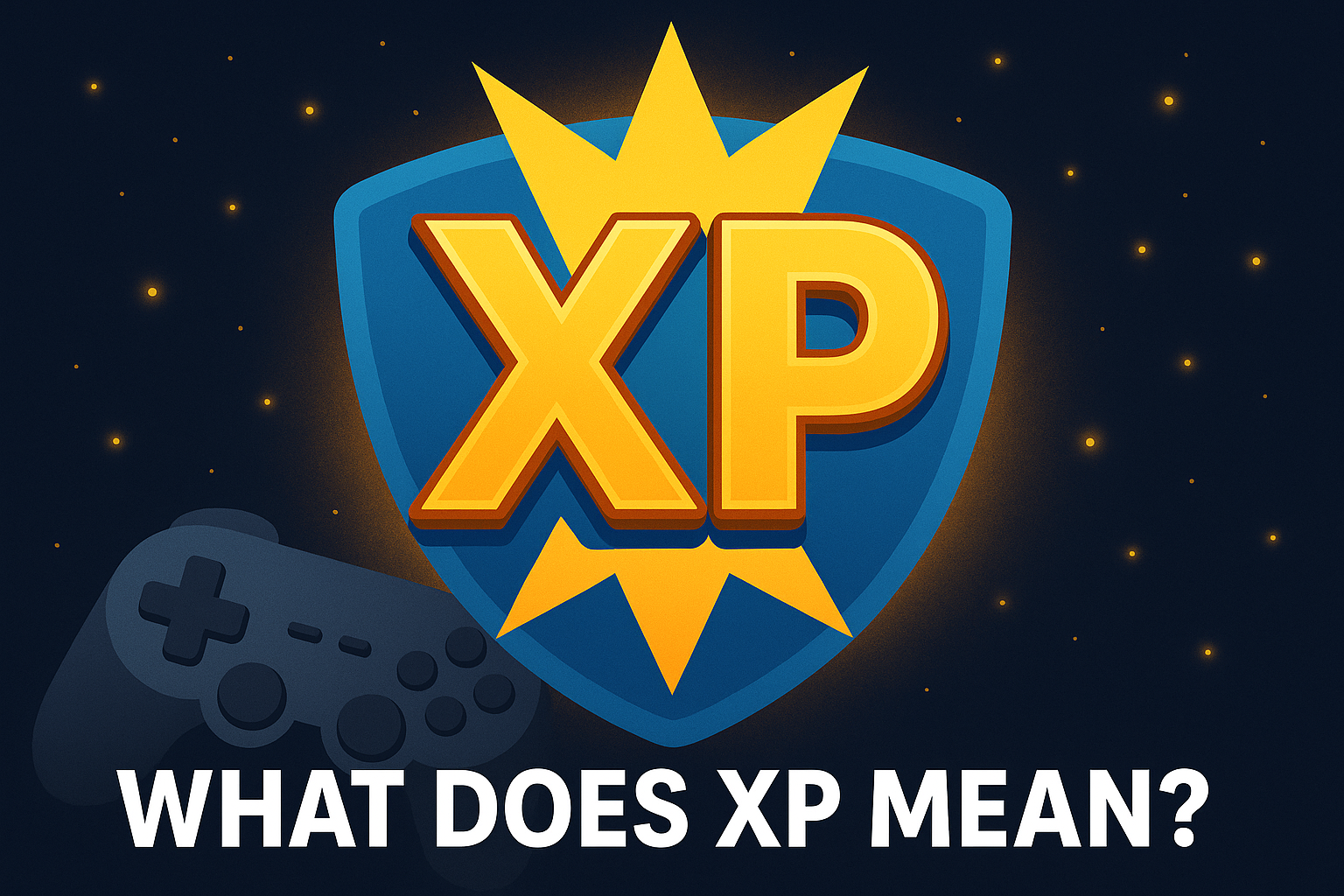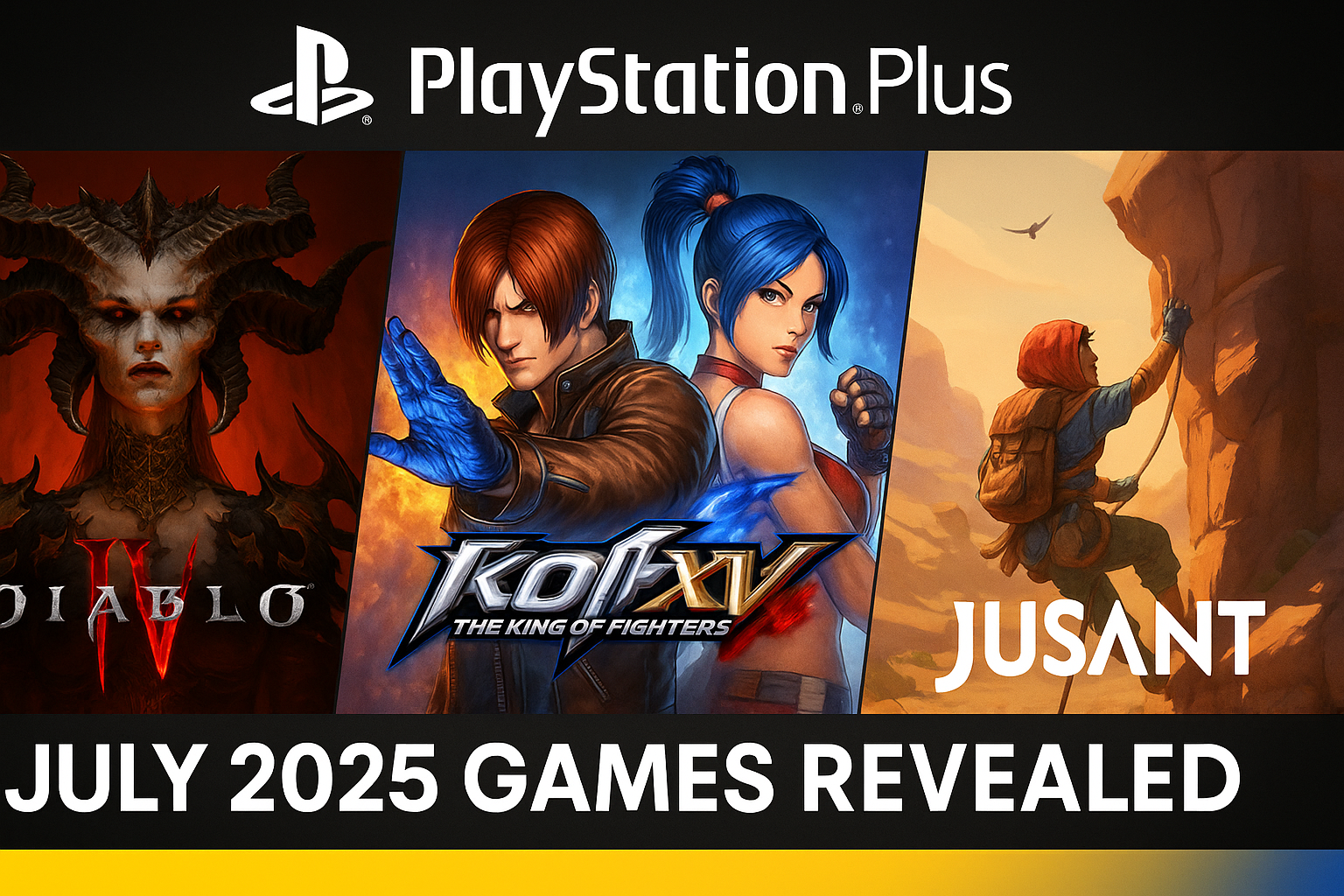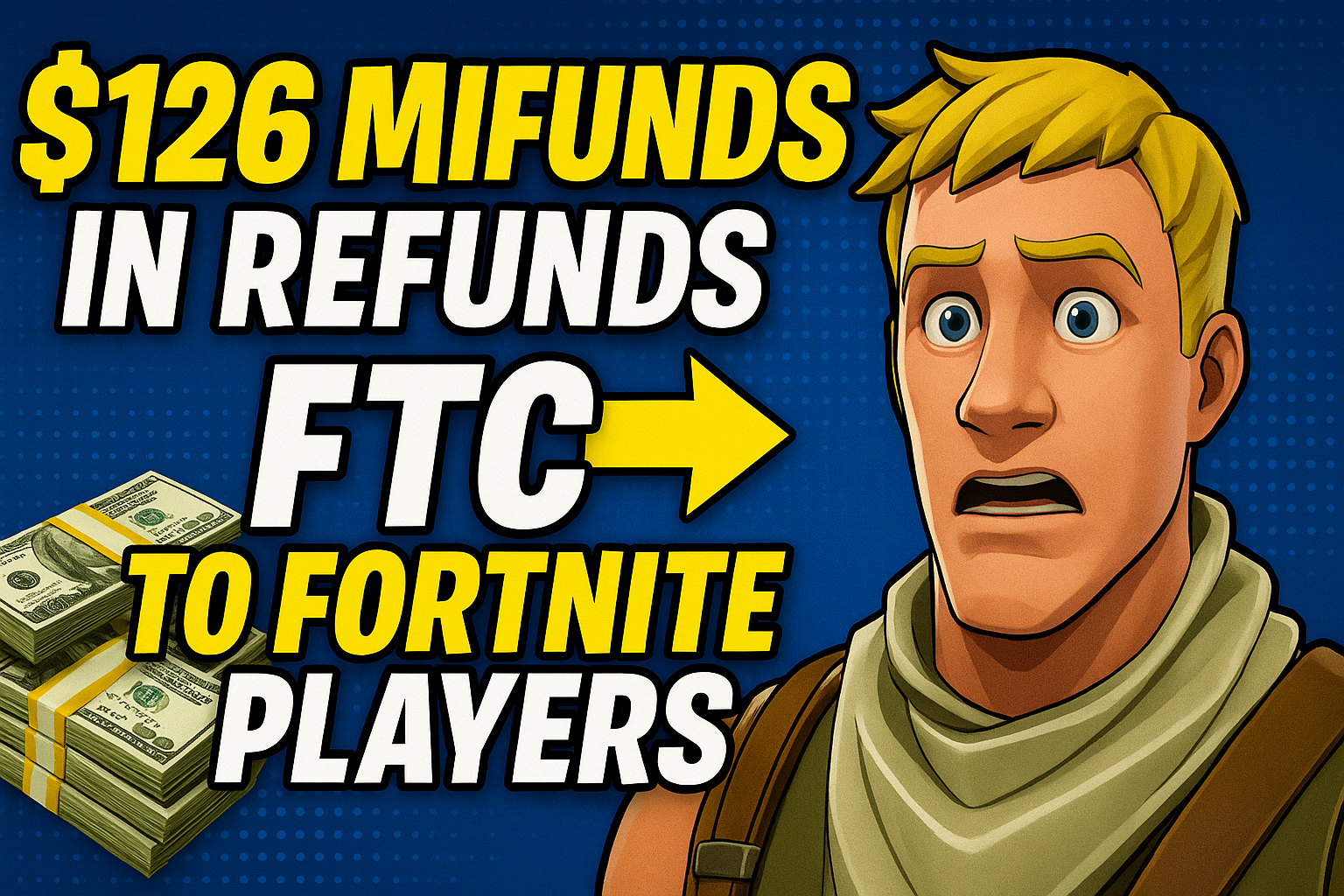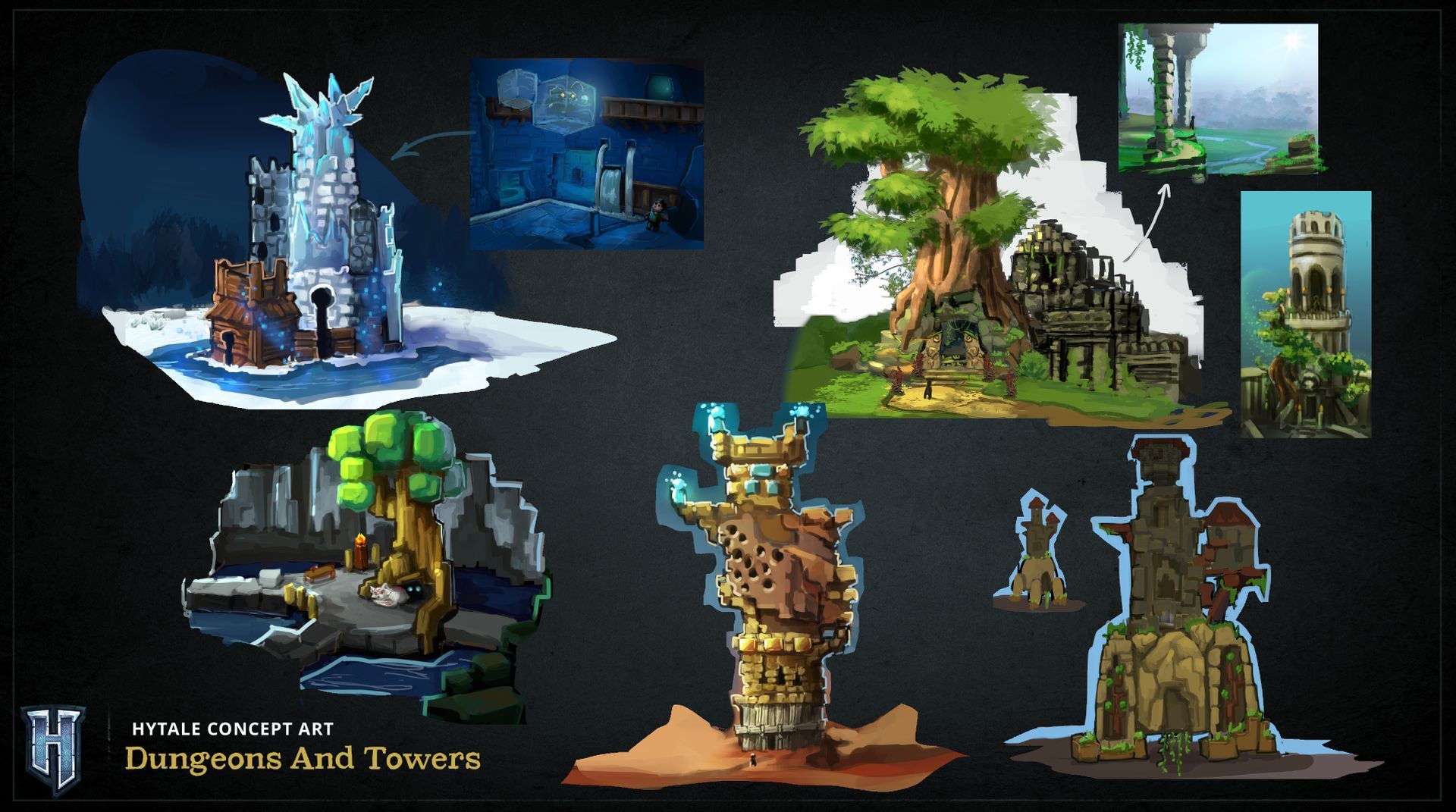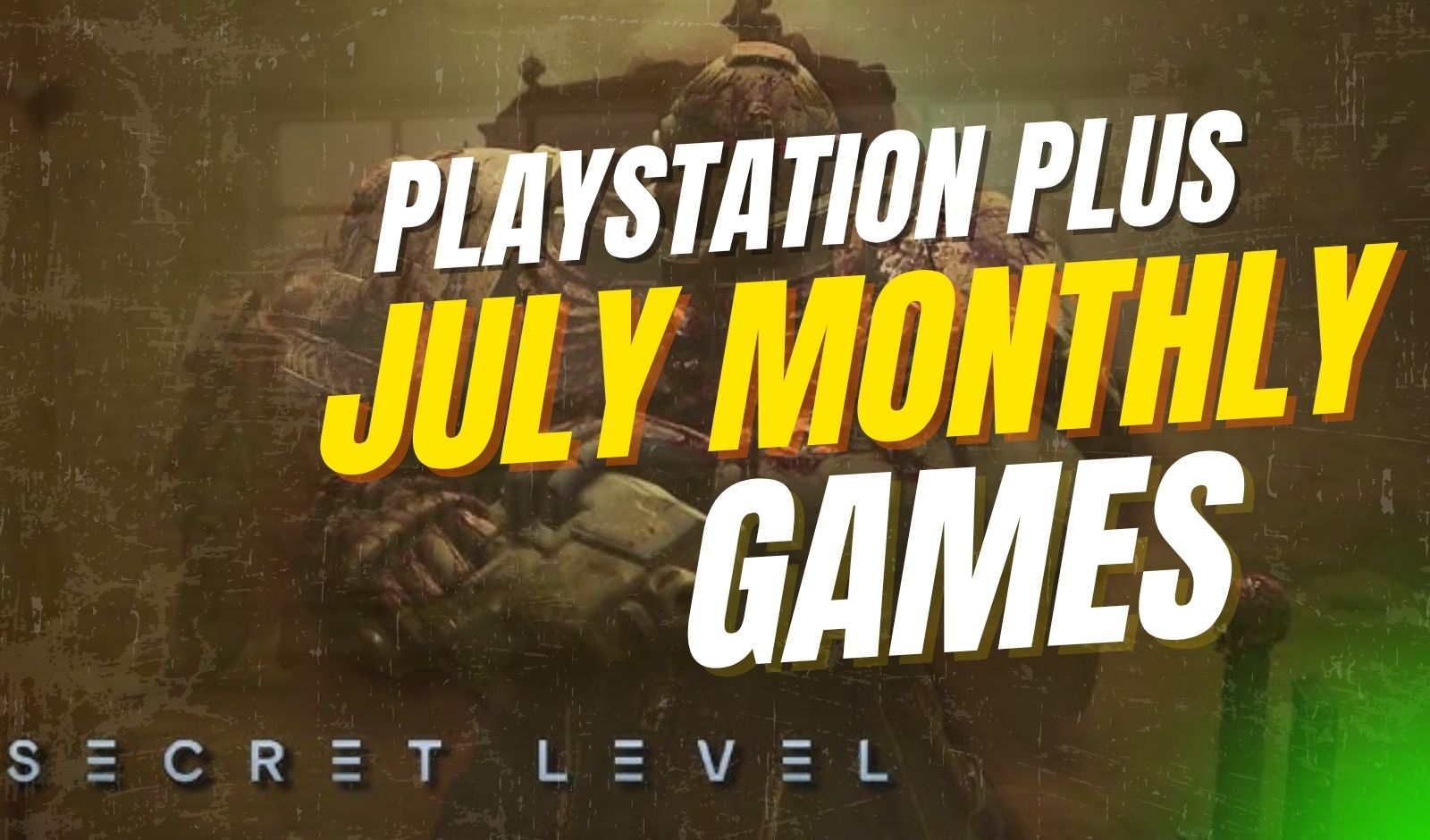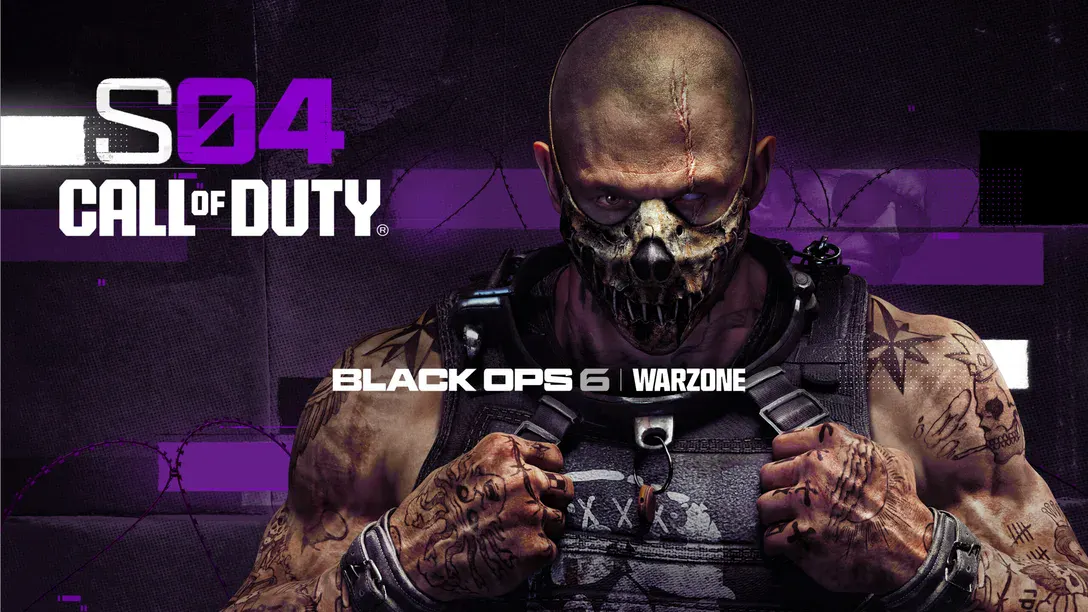Overlooked Treasures: PlayStation Games That Deserved Million-Seller Status
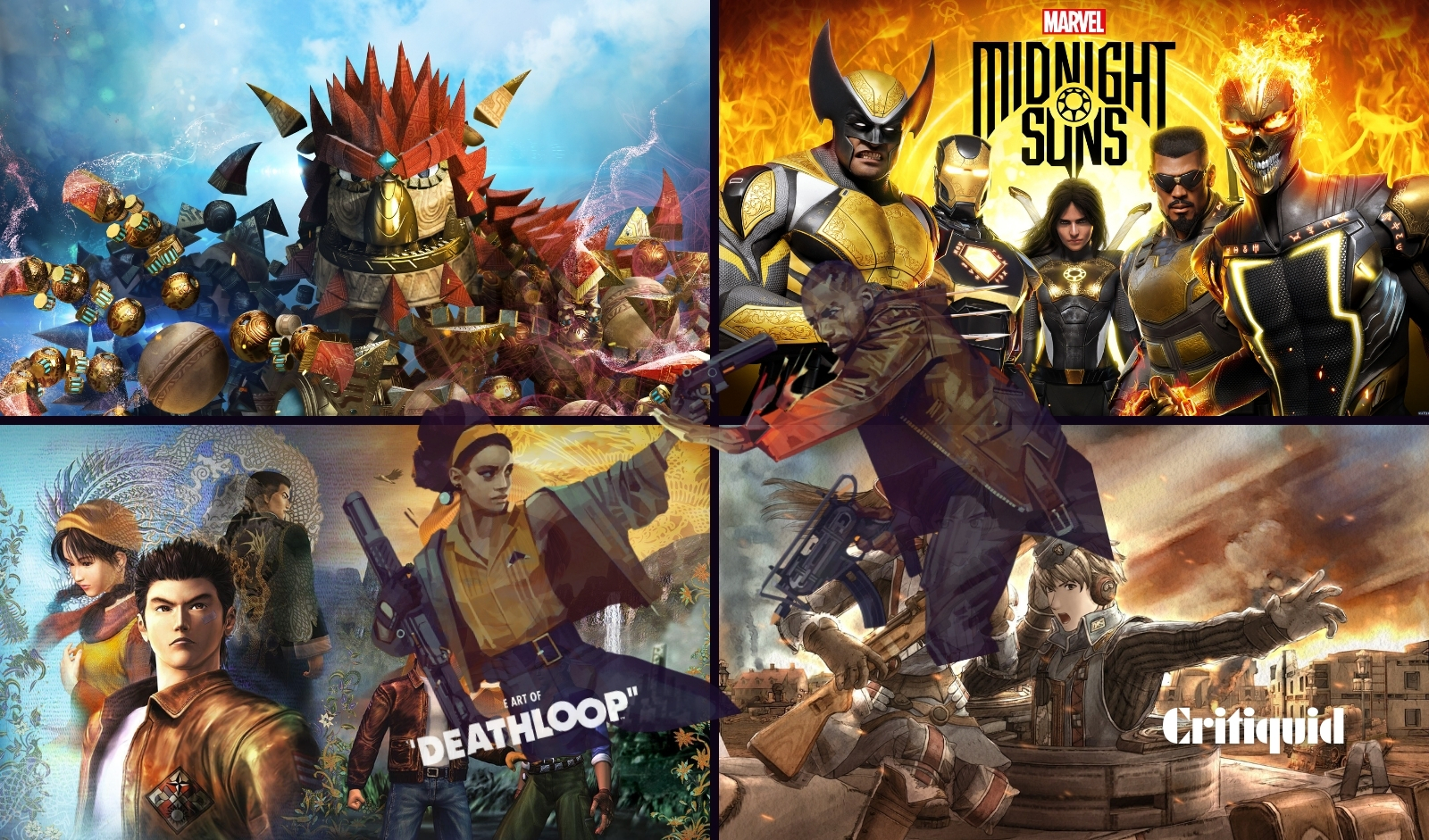
The PlayStation ecosystem thrives on blockbuster hits that dominate sales charts and gaming conversations, but beneath this glittering surface lies a shadow realm of brilliance—games whose commercial performance never matched their creative achievements. These digital underdogs, despite critical acclaim and passionate fan support, fell short of the coveted million-seller milestone that separates sustainable franchises from one-off experiments.
From stunning visual showcases that pushed hardware boundaries to innovative gameplay mechanics that redefined their genres, these overlooked gems represent PlayStation’s untapped potential. While games like God of War: Ragnarok and Marvel’s Spider-Man deservedly bask in commercial success, an entire parallel universe of gaming excellence remains criminally underplayed by the PlayStation community.
Today, we dive deep into PlayStation’s vault of underappreciated masterpieces—titles that critics adored but consumers overlooked, franchises that deserved continuation but couldn’t secure the sales numbers to justify sequels, and experiences that rival or surpass many of gaming’s commercial darlings. These aren’t just good games that missed their mark; they’re essential PlayStation experiences that demand your attention despite the market’s initial indifference.
Whether sabotaged by unfortunate release timing, overshadowed by bigger-budget competitors, or simply too distinctive for mainstream appeal, these games represent both PlayStation’s creative diversity and the harsh commercial realities of modern game development. Join us as we explore why these underappreciated gems deserve another chance at recognition—and why your PlayStation collection remains incomplete without them.
Critical Darlings That Missed Commercial Glory
Knack 2: The Sequel That Fixed Everything
Knack 2 represents one of PlayStation’s most curious cases of underperformance. While the original Knack was a PlayStation 4 launch title with mixed reception, its sequel addressed nearly all criticisms while delivering a far superior experience. Despite these improvements, Knack 2 significantly underperformed, selling only approximately 470,000 units worldwide according to available data.
In Japan, the situation was particularly dire, with Dengeki reporting the game sold only 2,106 units in its debut week, charting at a disappointing 35th position. This is especially unfortunate as many who played it discovered a genuinely enjoyable platformer that leveraged the PlayStation 4 hardware effectively with impressive physics simulation and colorful presentation.
The game’s limited commercial success is particularly surprising given PlayStation’s strong marketing support for the original Knack. Despite improving on nearly every aspect of its predecessor, Knack 2 failed to capture the audience it deserved, perhaps due to lingering perceptions from the first game’s mixed reception.
Valkyria Chronicles: Almost But Not Quite
Sega’s Valkyria Chronicles represents perhaps the most egregious example of a critically acclaimed title that didn’t receive its due commercial success. Despite earning an impressive 86 Metacritic score, the PlayStation 3 exclusive sold approximately 940,000 copies. The game offered players remarkable tactical freedom that distinguished it from similar titles while featuring excellent storytelling and voice acting.
Coming just shy of the million-unit mark makes Valkyria Chronicles’ case particularly heartbreaking. The tactical RPG offered a fresh blend of turn-based strategy with real-time elements in a beautifully rendered watercolor aesthetic that stood out in the PlayStation 3 library.
Interestingly, Valkyria Chronicles performed significantly better in Western markets than in Japan, contrary to expectations for a Japanese tactical RPG. The game’s eventual PC port demonstrated continued interest in the franchise, with reports suggesting the game maintained around 3,000 concurrent players in the days following its Steam release.
Shenmue III: Kickstarter Success, Retail Disappointment
After years of anticipation and a record-breaking Kickstarter campaign that raised over $6.3 million from 69,320 backers, Shenmue III arrived to modest commercial performance. The game sold approximately 18,000 copies during its launch week in Japan and debuted at only No. 17 on UK charts, selling about half as many copies as the previous year’s Shenmue 1 and 2 remasters.
Embracer Group, parent company of publisher Deep Silver, described the game’s performance as “fine” but characterized it as “a core niche product” rather than a mass-market success. This under-performance is particularly disappointing given the passionate fanbase and the game’s historical significance as the long-awaited continuation of a beloved series.
The game’s commercial struggles highlight the challenge of reviving dormant franchises, even those with dedicated cult followings. Despite being one of Kickstarter’s most successful video game campaigns, the lengthy development time and shifting gaming landscape may have diminished Shenmue III’s broader appeal.
Timing Is Everything: Great Games With Unfortunate Release Windows
Marvel’s Midnight Suns: Overshadowed By Giants
Described by critics as “perhaps the most under-appreciated game of a generation,” Marvel’s Midnight Suns failed to achieve its commercial potential despite its quality. Developed by Firaxis Games, masters of the tactical RPG genre, the game blended turn-based combat with card-based deck-building mechanics while incorporating Marvel characters into a compelling narrative.
Despite positive reviews, the game suffered from an unfortunate December release window, placing it in direct competition with November blockbusters like God of War: Ragnarok, Marvel’s Spider-Man: Miles Morales, and Sonic Frontiers. This timing decision significantly hampered what should have been a much more commercially successful title.
The game’s struggle highlights how even established developers and beloved IPs can struggle when releasing during crowded holiday windows. Despite receiving strong reviews and featuring one of entertainment’s most popular franchises, Midnight Suns couldn’t overcome its unfortunate timing.
Deathloop: Critical Darling, Commercial Disappointment
Despite being a PlayStation 5 exclusive at launch and earning a Game of the Year nomination at The Game Awards, Arkane Lyon’s Deathloop became the studio’s worst-performing title commercially. The game featured innovative time-loop mechanics within an immersive simulation framework, with beautifully stylized visuals and interconnected level design.
Deathloop exemplifies the frustrating disconnect that can exist between critical reception and commercial performance. Despite industry recognition and praise for its innovative design, the game failed to resonate with the broader PlayStation audience, making it one of the platform’s most underappreciated exclusives.
Arkane Studios’ reputation for creating complex, systems-driven games with unique aesthetics and narrative approaches has earned them critical acclaim but often limited commercial success. Deathloop’s struggles reinforce this unfortunate pattern despite its PS5 exclusivity and publisher backing.
Visual Showcases That Deserved More Recognition
The Order: 1886: Beauty Without Commercial Breakthrough
Ready at Dawn’s The Order: 1886 became one of the most visually stunning games of the PlayStation 4 generation, showcasing remarkable graphical fidelity and artistic direction. While eventually reaching approximately 1.62 million sales worldwide according to VGChartz data, the game initially underperformed expectations with early reports suggesting only 870,000 copies sold.
The game’s relatively short length (approximately 5-7 hours) and narrative pacing issues contributed to mixed reviews, but many who played it appreciated its gorgeous Victorian London setting and intriguing werewolf-hunting premise. Despite its flaws, The Order: 1886 delivered a cinematic experience that demonstrated the PlayStation 4’s capabilities and deserved greater recognition for its technical achievements.
While The Order: 1886 eventually crossed the million-seller threshold, its initial commercial struggles and mixed reception prevented what could have been a major new franchise for PlayStation. The game’s stunning visuals and atmospheric world-building suggested potential that may never be fully realized due to its underperformance.
Until Dawn: From Sleeper Hit to Franchise Struggles
Supermassive Games’ Until Dawn represents a rare success story that initially began as an underappreciated title before gaining recognition. Sony’s Shuhei Yoshida described the game as a “sleeper hit” that surpassed the company’s expectations, though exact sales figures weren’t disclosed. The game’s popularity grew through YouTube videos and streaming content, demonstrating the modern influence of content creators on game visibility.
Despite this eventual success, Until Dawn’s 2023 remake struggled significantly on PC, with a peak concurrent player count of only 2,607 on Steam, becoming one of Sony’s slowest-selling games on the platform. This suggests the franchise still hasn’t achieved the widespread recognition its quality deserves across all gaming platforms.
Until Dawn’s journey from underappreciated gem to cult hit demonstrates how word-of-mouth and content creators can rescue deserving titles from obscurity. However, the franchise’s subsequent struggles on PC indicate it still hasn’t achieved the broader recognition its innovative approach to interactive horror storytelling deserves.
Independent Masterpieces
Axiom Verge: Solo Developer Brilliance
Developed entirely by a single person, Axiom Verge represents an extraordinary achievement in independent game development. While sales figures for PlayStation platforms aren’t clearly specified in the search results, reports indicate it sold approximately 200,000 copies on Nintendo Switch. Despite its limited commercial reach, the game is frequently cited as one of the best Metroidvania titles most players overlooked.
The game’s challenging, occasionally unwelcoming nature masks an extraordinarily well-crafted experience that rewards persistent players. As a solo development project, even modest sales represent a significant achievement, though the game’s quality certainly merited broader commercial success among PlayStation’s Metroidvania fans.
Axiom Verge exemplifies how even the most impressive independent titles can struggle to achieve mainstream commercial success. Despite creating what many consider one of the finest Metroidvania experiences of its generation, developer Thomas Happ’s masterpiece never achieved the sales numbers its quality warranted.
Why These Games Deserve Another Look
These underappreciated PlayStation gems share common factors that contributed to their commercial underperformance:
- Unfortunate Release Timing: Games like Marvel’s Midnight Suns suffered from launching alongside bigger titles that monopolized player attention and budgets.
- Marketing Challenges: Many of these titles lacked the marketing push that major franchises received, limiting their visibility among potential players.
- Niche Appeal: Games like Valkyria Chronicles and Shenmue III targeted specific audience segments rather than broader market appeal.
- Critical Reception Disconnect: Titles like The Order: 1886 received mixed reviews that discouraged potential players despite their technical achievements.
- Platform Limitations: Some games remained exclusive to a single PlayStation platform, limiting their potential audience reach.
What makes these titles particularly worth revisiting is their unique contributions to gaming. Whether through innovative gameplay mechanics, stunning visual presentations, compelling narratives, or technical achievements, each offers experiences that stand apart from more commercially successful contemporaries.
Conclusion
The PlayStation ecosystem contains numerous high-quality titles that, for various reasons, failed to achieve the commercial success their quality deserved. Factors including unfortunate release timing, niche appeal, limited marketing support, and competition from bigger franchises have prevented many excellent games from reaching their full commercial potential.
For PlayStation gamers seeking fresh experiences beyond mainstream hits, these underappreciated gems offer exceptional value and unique gaming experiences. Their commercial underperformance doesn’t reflect their quality, and many represent some of the most distinctive and innovative titles available on PlayStation platforms.
By giving these overlooked treasures a chance, PlayStation players not only discover exceptional gaming experiences they might have missed but also support the diverse ecosystem that makes the platform special. Commercial success may be one metric of a game’s impact, but the lasting impression these titles leave on those who play them speaks to their true value in PlayStation’s rich gaming library.

